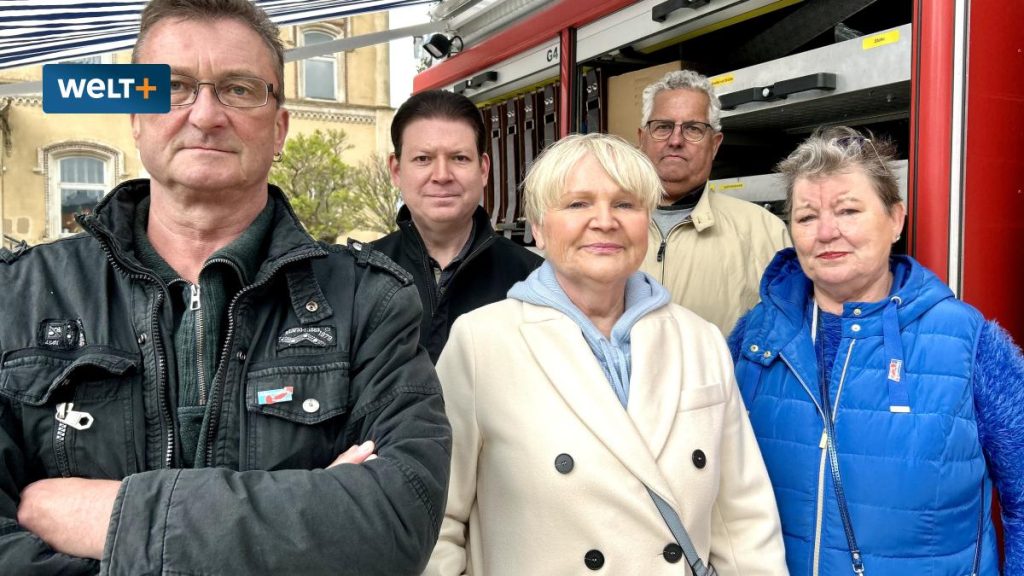Supporters of the right-wing, anti-immigrant party Alternative for Germany (AfD) have been expressing their anger and frustration in public demonstrations, shouting slogans like “Germany for Germans!” and “Letting off steam.” The AfD has gained popularity in recent years, attracting a growing number of supporters who feel disillusioned with mainstream politics and believe that the party offers a fresh alternative.
These demonstrations have been met with both support and criticism, with some praising the AfD for giving a voice to those who feel marginalized by the political establishment, while others condemn the party for promoting xenophobic and nationalist views. The AfD’s platform includes a strong stance against immigration and multiculturalism, advocating for strict border controls and the preservation of traditional German culture.
Critics argue that the AfD’s rhetoric of exclusion and nationalism is dangerous and divisive, fueling hatred and discrimination against minority groups in Germany. The party’s leaders have been accused of using fear and resentment to manipulate their supporters and gain political power, tapping into anti-establishment sentiment and capitalizing on economic uncertainty and social unrest.
Despite facing backlash from opponents, the AfD continues to attract new followers and make gains in regional and national elections. The party’s success has raised concerns among mainstream politicians and activists, who fear the normalization of far-right ideas and the erosion of tolerance and diversity in German society. Some have called for stronger measures to combat the spread of hate speech and extremism, while others argue that suppressing the AfD will only further alienate its supporters and drive them towards radicalism.
The rise of the AfD reflects a broader trend of right-wing populism and nationalism gaining ground in Europe and beyond. Similar parties in countries like France, Italy, and Hungary have also seen increased support in recent years, tapping into public dissatisfaction with mainstream politics and offering simple solutions to complex economic and social problems. The rise of these parties has sparked debates about the future of democracy and the values that underpin European societies.
As Germany grapples with the challenges of integration and social cohesion, the AfD’s rise presents a complex and troubling phenomenon that requires careful monitoring and thoughtful responses from political leaders, civil society organizations, and ordinary citizens. The party’s ability to mobilize disaffected voters and shape public discourse poses a serious challenge to the country’s democratic institutions and values, raising questions about how to address the underlying grievances that fuel support for the AfD while upholding principles of tolerance, inclusion, and respect for diversity.















